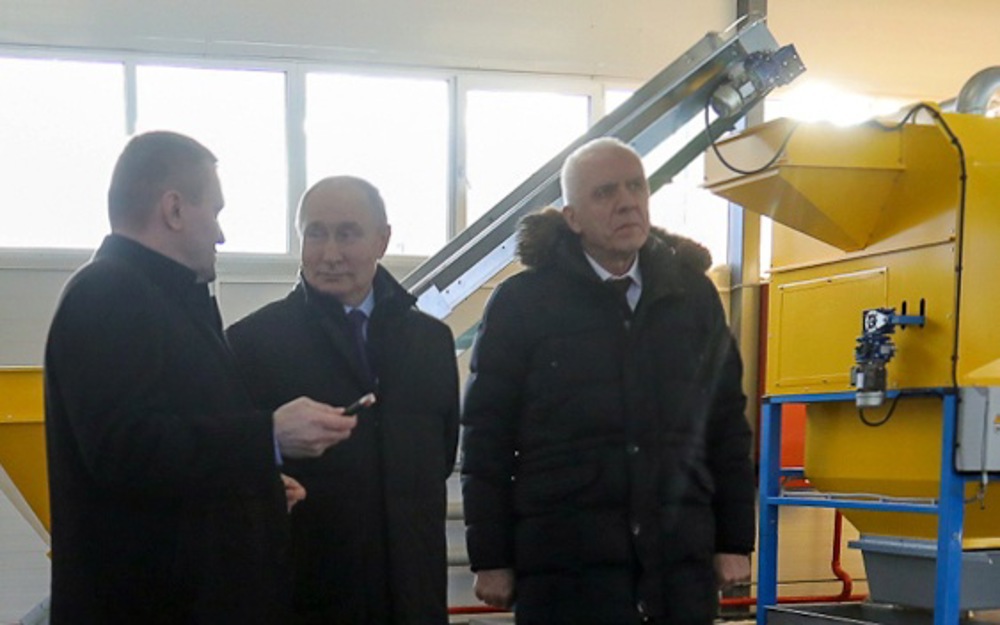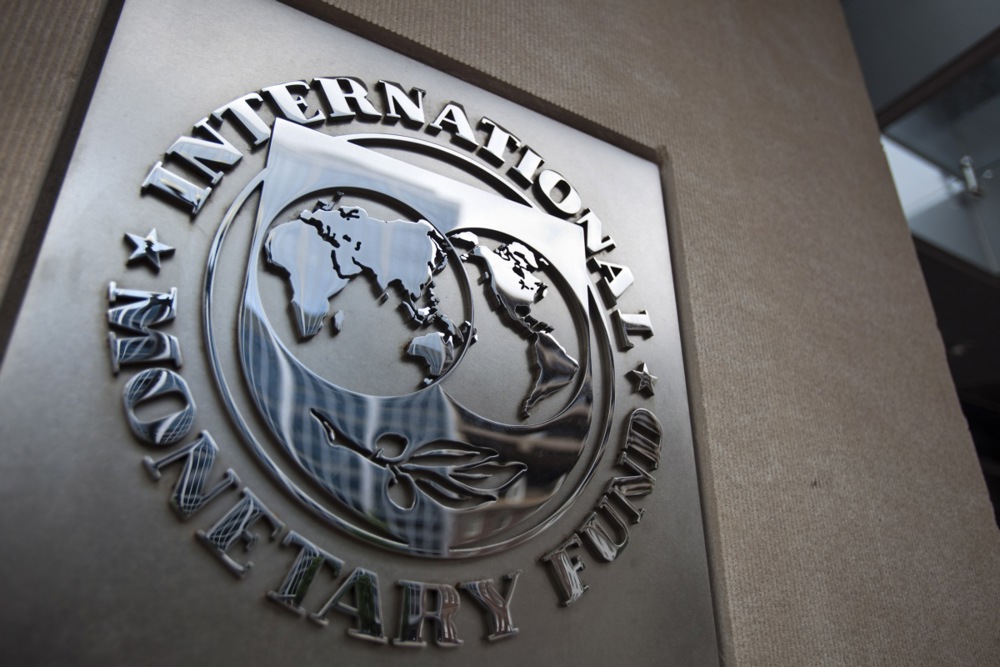The International Monetary Fund (IMF) predicted the Russian economy will this year grow faster than those of the Western countries trying to isolate it.
In its latest forecast, published on April 16, the IMF saw Russia’s economy growing by 3.2 per cent this year, outpacing Western nations including the US, which will manage 2.7 per cent.
Japan’s economy is set to expand by just 0.9 per cent and the overall Eurozone’s by 0.8 per cent.
Within the European Union, Spain will grow 1.9 per cent but France and Italy will only manage 0.7 per cent, with Germany, the traditional engine of Europe, chalking up a weak 0.2 per cent – although that would be an improvement on the German economy’s 0.3 per cent contraction over 2023.
The IMF’s prediction is somewhat embarrassing for Western countries that have sought to isolate and weaken the Russian economy over its invasion of Ukraine.
Some political pundits had forecast an economic demise for Russia that might even lead to the fall of President Vladimir Putin but that has not turned out to be the case.
In fact, Russia has been gloating that Western sanctions have made the country more self-reliant, with domestic investments and private consumption remaining robust.
Still, the country has experienced a significant outflow of military-aged men seeking to avoid conscription. Additionally, the ongoing military expenditure and the toll of the war on Ukraine, including casualties and damage to infrastructure and equipment, will have serious long-term economic consequences, experts say.
The IMF noted that the global economy has remained remarkably resilient, with steady growth and inflation now slowing almost as quickly as it had risen.
That, it said, was despite issues such as “supply-chain disruptions in the aftermath of the pandemic, an energy and food crisis triggered by Russia’s war on Ukraine, a considerable surge in inflation, followed by a globally synchronised monetary policy tightening”.
Strong growth coupled with fast-falling inflation indicated positive changes on the supply side, the IMF said, such as the lessening of energy-price shocks and a notable increase in the labour supply. It said that was bolstered by significant immigration in many developed economies.
As fixed-rate mortgages became more common, monetary policy actions have helped anchor inflation expectations, it added.
On average, the IMF’s predictions for growth in the majority of advanced economies have historically been within about 1.5 percentage points of actual growth.
It still forecast some challenges to the world economy this year. Inflation risks remain and “progress toward inflation targets has somewhat stalled since the beginning of the year”, it said.
In addition, it also saw growing economic divergence across countries in the West.
Growth in the Eurozone will pick up but it is starting from a low point because of previous problems and strict monetary rules, the IMF said. High wages and prices for services might knock declining inflation off track, it added.
Unlike in the US, Europe is not showing signs of overheating economically although the IMF warned that the European Central Bank needed to be careful about switching toward monetary easing.
“While labour markets appear strong, that strength could prove illusory if European firms have been hoarding labour in anticipation of a pickup in activity that does not materialise,” the IMF stated.
China will enjoy a growth of 4.6 per cent and India could hit almost 7 per cent, it said. Both countries secure oil from Russia and are often accused of helping to enable Kremlin’s successful bypassing of Western sanctions.
IMF Growth Forecast: 2024
?? US: 2.7%
?? Germany: 0.2%
?? France: 0.7%
?? Italy: 0.7%
?? Spain: 1.9%
?? UK: 0.5%
?? Japan: 0.9%
?? China: 4.6%
?? India: 6.8%
?? Russia: 3.2%
?? Brazil: 2.2%
?? Mexico: 2.4%
?? KSA: 2.6%
?? Nigeria: 3.3%
?? S. Africa: 0.9%https://t.co/tPL4fgygu4 pic.twitter.com/Y99bDg17oJ— IMF (@IMFNews) April 16, 2024





